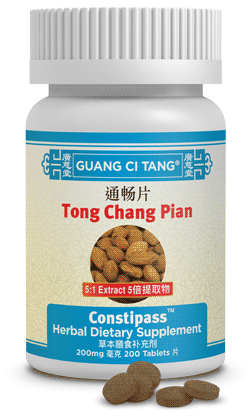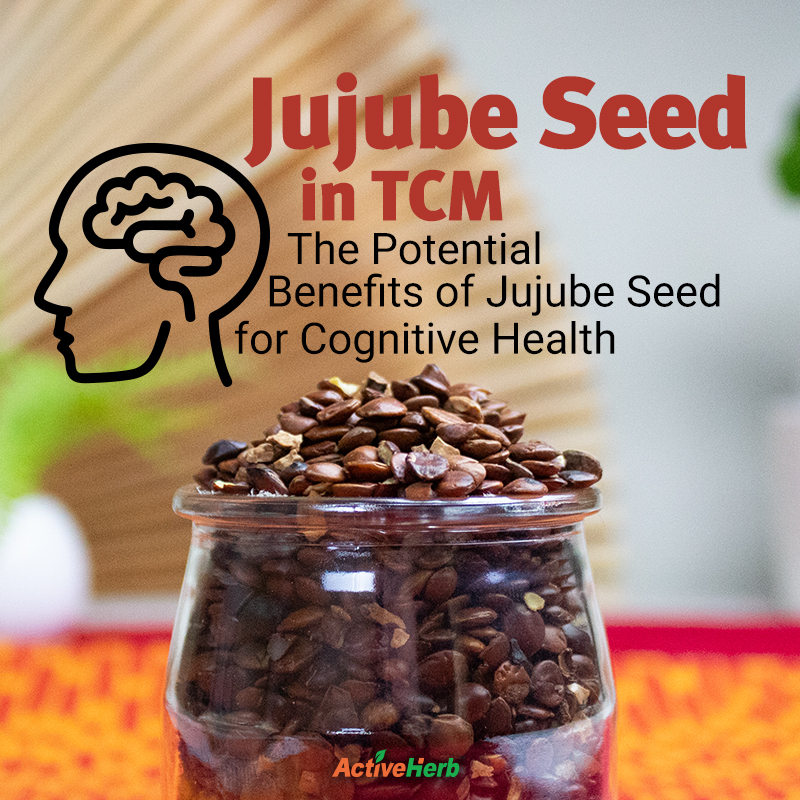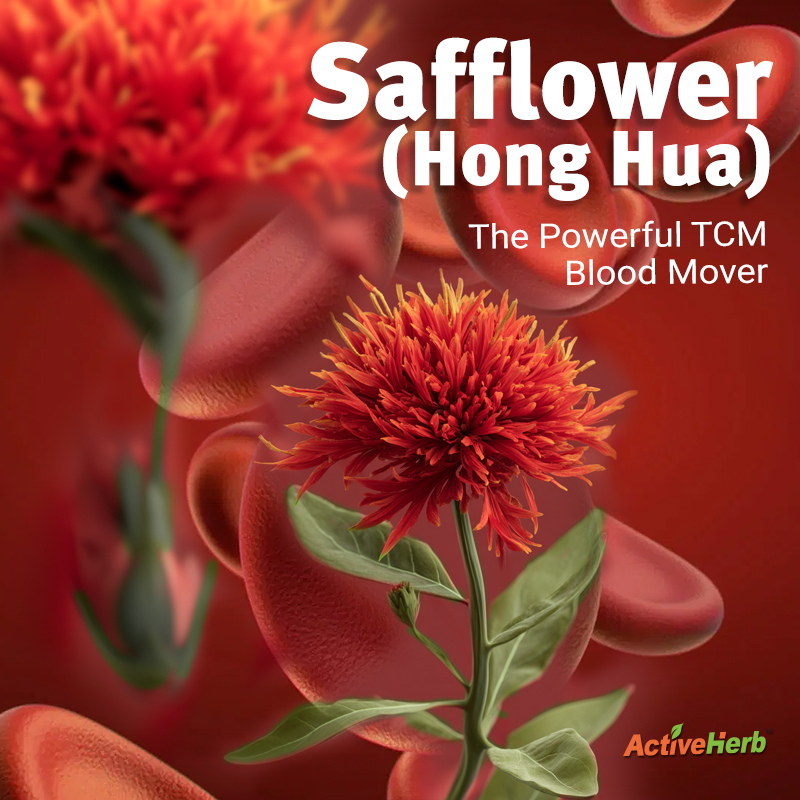Is Your System Backed Up? Let TCM Ease Bowel Movement

If there’s one thing in life that shouldn’t require much effort, it’s going to the bathroom. Straining, grunting, clenching the teeth and holding the breath may be a normal physiological response to the frustration of not being able to evacuate the bowels. But not only is this condition frustrating, straining can be deadly. That’s because it can cause congestion of blood vessels and the heart. Supposedly, straining is what killed Elvis Presley, who died of a heart attack while desperately trying to pass a bowel movement. (Eating too many peanut butter, banana and bacon sandwiches like Elvis did will do that to you.)
So if you don’t want to die on the throne like the King, take a page from the thousands of years old tradition of traditional Chinese medicine (TCM).
Ancient Chinese peasants weren’t eating Elvis’ favorite fatty foods, of course. But TCM theory has addressed poor bowel movements millenia before the first fast food restaurants sprouted across the Far East. (Chinese people of generations ago, especially those in the noble class, had something in common with Elvis: they were also guilty of eating too much fatty, fried food, mostly in the form of pork.)
So how does TCM deal with poor elimination? And is there an easier way to remedy the situation than taking unpredictable laxatives and unpleasant enemas and messy colon hydrotherapy sessions? Let’s explore TCM and constipation…
Causes of Weak Elimination in Traditional Chinese Medicine
In the West, sluggish bowels are often blamed on lack of fiber in the diet. But too much fiber can also cause constipation (although only about 5% of Americans eat too much fiber). In comparison, in TCM, there are several different patterns that lead to poor elimination:
Excess Heat
Many cases of sluggish bowels are caused by excess heat in the digestive system. This is a Yin deficiency. (Yin energy has a cooling property; without enough Yin, there’s not enough cooling energy to balance Yang heat.)
With this pattern, there’s not enough fluid to lubricate the intestine. Without enough fluids to move things along, motility is compromised. Excess heat accumulates as the intestinal tract dries out. The stool becomes hard and difficult to pass.
Other symptoms of Excess heat include weak appetite, sweaty palms and feet, dry mouth, red complexion and tongue (with a thin coating on the tongue) and a rapid pulse.
Qi Stagnation
An insufficient flow of energy throughout the body can manifest in the Spleen, which is the main organ responsible for transforming food into nutrients that supply the cells with energy. The Liver can also be a source of stagnant energy, causing irritability. In other words, difficulty passing a bowel isn’t the only reason you’re cranky; the excess heat (“pathogenic fire”) in your Liver, caused by poor energy flow can cause irritability long before you sit down on the toilet.
How do you know if Qi stagnation is the root cause? Besides having a bad temper, the stool isn’t dry in comparison to Excess Heat constipation. If you stick your tongue out in the mirror, you’ll notice a very thick coating. Also, you might have abdominal distention (bloating), and signs of indigestion such as frequent belching.
Qi Deficiency
What’s worse than having sluggish energy? Not having enough energy to begin with! It doesn’t take a doctor in TCM to figure out that if you don’t have enough energy to move the bowels along, you won’t have a successful B.M.
The elderly are more likely to have Qi deficiency. (A lifetime of stress will do that to you, which is why you may want to consider taking a TCM formula that supports the aging process.) Having a surgical procedure or experiencing other acute stressors can also lead to Qi deficiency. Certainly, having chronic stress will zap your digestive system of energy. Stress interferes with the production of gastric juices, weakening digestion.
If you feel like you need to take a nap after a bowel movement, this is an obvious sign of Qi deficiency. If your tongue looks pale, or if you’re sweating even though the temperature is temperate or even cool, or if you’re just plain-tired much of the time, these are other signs of this pattern.
Insufficient Blood
If both your Spleen and Stomach are weak, you may not have enough Blood to moisten the digestive tract. Insufficient Blood can manifest as poor cognitive function (memory and concentration). Passing dry stool, having trouble sleeping, having a ghostly-pale face with a white coating on the tongue are also common signs.
Insufficient Yang
Excess heat isn’t the only main root cause of poor elimination. A “cold” type pattern, caused by insufficient Yang energy may be the culprit. With this patter, although the stool texture can appear normal, the difficulty with vacating the bowels is often accompanied by painful abdominal distention. If you have insufficient Yang, then cold temperatures, both in ambient air temperature and beverages, are a bane to your existence. Even at normal temperatures your limbs are cold.
If you have insufficient Yang, the last thing you want to do is eat bananas to relieve poor elimination. Although bananas are a common remedy in the West, in TCM theory, bananas are a cooling food. So if you have excess cold in your system, eating a banana is like adding fuel to the fire, or more accurately, adding more ice to the cooler.
Best TCM Formula To Support Elimination
For most people, difficulty passing stool is caused by excess heat. Again, excess heat in the intestines causes dry stools that are difficult to pass. If you can relate, our formula Constipass may help.
Bowel movements are difficult if you have excess heat not only because of the lack of fluid in the intestines themselves but also because the excess heat removes moisture from the food as well. Constipass™ works by building back up the fluids that have dried out and become deficient. (Over time, the food you eat, provided you eat a healthy diet won’t become dried out during the digestive process.)
The herbs in Constipass are: Tao Ren (Peach kernel), Huo Ma RenHuo Ma Ren (Hemp seeds), and He Shou Wu (Fleeceflower Root), which moisten the intestines and unblock the bowels. Da Huang (Rhubarb Root and Rhizome) eliminates the excess heat and relieves distention. Dang Gui (Chinese Angelica Root) works as a Blood tonic and moistens the intestines. The sixth and final herb in Constipass, Qiang Huo (Notopterygium Root), dispels wind.
Constipass has a 4.7 out of 5-star rating.







